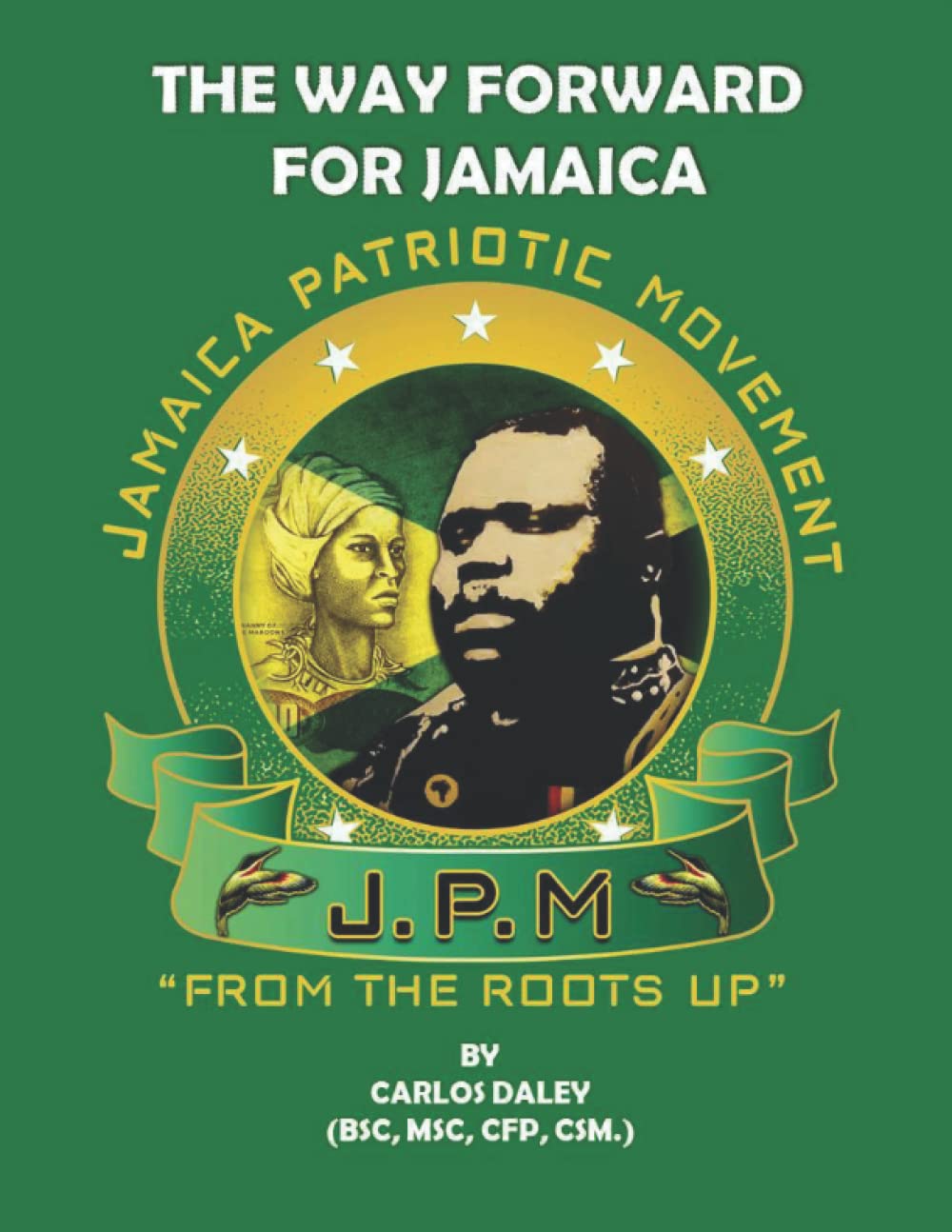TAKEN FROM GRANMA/DALIA GONZALES DELGADO
WHEN the presidents of Latin American countries first heard about Barack Obama’s campaign in 2008, they thought that perhaps U.S. policy toward the region might change.
In 2009, just months after taking office, Obama tried to promote this hope at the 5th Summit of the Americas in Trinidad & Tobago. He approached Chávez there, extended his hand and made unprecedented statements. He asserted that the time had come to develop a relationship as equals, admitting that the U.S. may have at times, erroneously, attempted to impose its will on the region. He spoke of taking relations between the U.S. and Cuba in a "new direction."
Now we know that was all theater. Only the speech changed, differing from that of his predecessor, the less intelligent George W. Bush, but expressing the same rhetoric.
The United States supported the coup in Honduras, continues to finance subversion in Venezuela and the blockade of Cuba remains intact. Examples abound.
U.S. policy towards Latin America remains unchanged: to try and destroy or derail all political integration efforts developing on the continent, beyond its control.
This policy is, however, becoming increasingly difficult to implement and the Summit of the Americas was a case in point.
In Cartagena, for the first time, Latin America spoke loud and clear. Obama was shamed. And not by the sexual scandal created by his Secret Service agents, which the media has exacerbated, thus obscuring the true significance of the Summit.
After the meeting, influential U.S. media outlets acknowledged that the country found itself on the defensive with respect to Cuba at the Summit.
Commenting on the fact that the Summit ended without agreement on a joint declaration, The Washington Post wrote, "The ambiguous conclusion underscored the fact that Obama, while pledging a new relationship with the United States’ leery southern neighbors, has had little success in bridging significant policy differences that have divided the region for decades."
Some analysts offered the opinion that the U.S. has neglected its ‘back yard’ while focusing on the Middle East.
However, Carlos Oliva Campos, a faculty member at the University of Havana, commented to Granma, "The fact that the region is not a priority for a given administration does not mean that the region has lost its critical importance within the heart of U.S. foreign policy. Practically, throughout our entire history, we have served as a laboratory for policies and a proving ground for strategies."
"Although the Middle East, Asia, and Russia under Putin, are priorities, Obama’s policy toward Latin America and the Caribbean is essentially a continuation," he said.
"The Summit of the Americas was very important because the region is no longer the same. Now there is another relationship of forces, very interesting, because it’s the ‘left’, not just socialists, which is complicating the U.S. response. What’s more, the U.S. is no longer the only defining external factor for markets or trade in the region."
Can we be optimistic and rest assured that the U.S. has lost influence in Latin America? Joseph Tulchin, Professor at Harvard University’s Center for Latin American Studies, responded to the question via e-mail, "The question is not whether the U.S. is losing influence. It’s that some countries in Latin America have assumed a leading role in the world and do not want to continue the historic relationship of weakness and vulnerability in the face of U.S. hegemony."
"We should not think that the inter-American system is finished," Carlos Oliva commented, "but the negotiating positions are no longer the same. Cuba is part of the new Latin American and Caribbean system and this can no longer be ignored."
Mark Weisbrot, co-director of the Center for Economic and Policy Research (CEPR) in Washington D.C. said, "Latin America is now more independent of the United States than Europe is, and its independence is growing. There are structural reasons for these changes, among them the failure of neoliberalism. Perhaps most important, the people of the region have voted for left governments because they can: in the past… the United States did not allow such choices to be made peacefully.
It is clear that the Obama administration has not changed U.S. policy toward Latin America. However, the political situation south of the Río Bravo is now different, with more unity, and the White House will have to accept this and adapt."

